When you think of GIA, diamond certification probably comes to mind. However, just like people use “Uber” as a general term for transportation apps, GIA is not the only player in the gem industry.
While GIA is the most renowned and widely recognized laboratory, there are several other labs that offer diamond certifications, including IGI.
Now, the question arises: Is IGI comparable to GIA in terms of quality?
While IGI is a well-known entity, it does not have the same level of size and reputation as GIA. In this article, we will provide you with all the essential information about IGI, so make sure to read till the end.
Let’s delve into it.
DESIGN YOUR OWN ENGAGEMENT RING: START WITH A SETTING OR START WITH A DIAMOND. IT’S REALLY UP TO YOU!
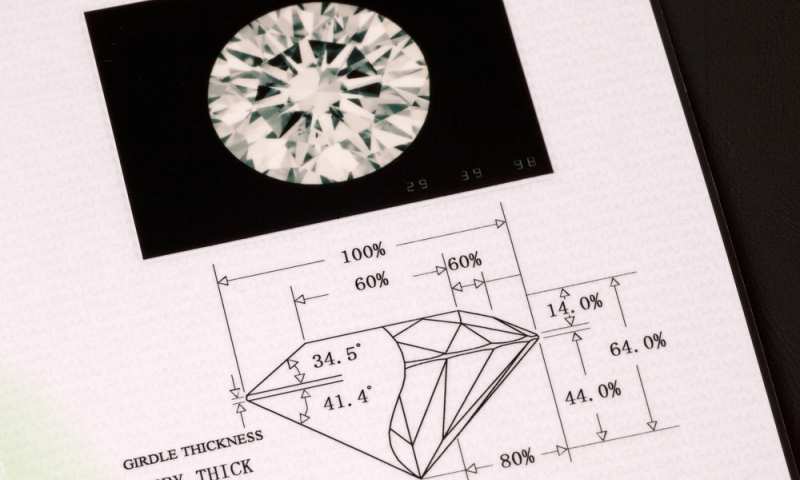
What Is Diamond Certification?
A certified diamond undergoes thorough evaluation by expert gemologists in a well-equipped laboratory. These professionals conduct various tests to determine the quality grades of the stone.
A reputable diamond certification is provided by a third-party organization that operates independently from diamond buying and selling. Their sole purpose is to provide an unbiased and accurate examination of the diamond’s characteristics.
The gemologists’ findings are documented on the diamond certificate, often accompanied by illustrations depicting the gemstone’s proportions and any blemishes or inclusions. This scientific report serves as a guarantee of the diamond’s authenticity and quality.
Consistency and accuracy are of utmost importance in a diamond certificate, making it crucial to choose a lab that can deliver reliable and precise results.
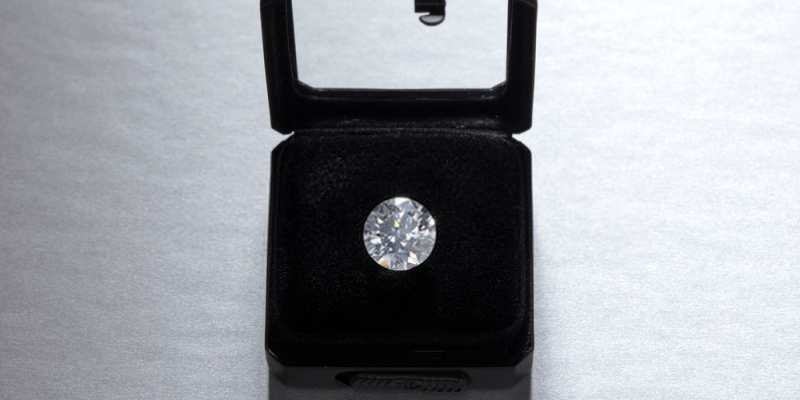
GIA Overview
Founded in 1931, the Gemological Institute of America (GIA) is a non-profit organization with a primary focus on gemstone research and grading. GIA aimed to establish a standardized method for grading diamonds and other gemstones, ensuring consistency throughout the industry.
In 1953, GIA introduced the renowned diamond grading system known as the 4C’s: cut, clarity, color, and carat. This system has become the industry standard and is widely utilized by various organizations, including IGI.
GIA is also actively involved in training gemologists and operates nine labs, four research centers, and has a presence in 13 different countries. Their extensive reach and expertise have contributed to their reputation as a leading authority in gemstone grading.
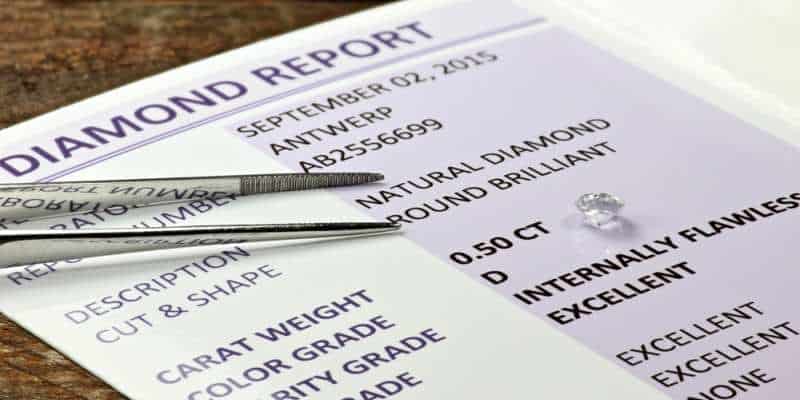
IGI Overview
Established in 1975 in Antwerp, the International Gemological Institute (IGI) originally served as a certification institute for jewelry, diamonds, and colored gemstones. Antwerp, known as the historical “home of diamonds,” is where IGI’s oldest certification lab is located. IGI offers grading services for a wide range of jewelry and diamonds.
IGI maintains a well-established reputation for employing preset and documented standards in their evaluation and grading processes. These standards are consistent across all IGI offices globally. Despite being owned by different organizations, the grading and certification procedures remain the same across all IGI labs, ensuring consistency in their assessments.
In contrast, other labs, such as EGL, may have variations in grading degrees across their numerous offices worldwide. This distinguishes IGI’s commitment to maintaining uniformity in their grading practices.
IGI has experienced significant growth and has expanded its presence internationally. While it began with a single office in Antwerp, it now operates multiple offices in countries such as New York, Hong Kong, Tel Aviv, Mumbai, Bangkok, Tokyo, Dubai, Toronto, Los Angeles, Surat, Chennai, Ahmedabad, New Delhi, Thrissur, Jaipur, Kolkata, and Hyderabad. With such a widespread presence, IGI positions itself as a leading international lab. However, it’s important to note that GIA, with offices in 13 countries and a substantial number of gemologists, remains a prominent player in the industry.
Notably, IGI also operates several branches of its School of Gemology in various countries, including Antwerp, Dubai, Rome, Shanghai, and others. These schools offer courses on diamond certification skills, and the website highlights that a significant number of students graduate from their program each year.
IGI Vs. GIA Comparison
If you’re curious about the comparison between IGI and GIA, let’s explore a general overview of these two labs. We’ll also delve into some of the differences in their grading methods.
| Lab | IGI | GIA |
|---|---|---|
| Profitability* | For-Profit | Non-profit |
| Establishment | 1975 | 1931 |
| Number Of Employees | 650 | 3000 |
| Offices | 18 | 14 |
Speaking of profitability, IGI operates as a for-profit company and had a family business structure for a significant portion of its existence. However, it underwent a recent change when the Chinese conglomerate Fosun acquired 80% of IGI. Reports suggest that the acquisition deal was valued at approximately €100 million, highlighting the substantial scale of the business.
In contrast, GIA functions as a non-profit organization, emphasizing its focus on diamond grading rather than generating wealth.
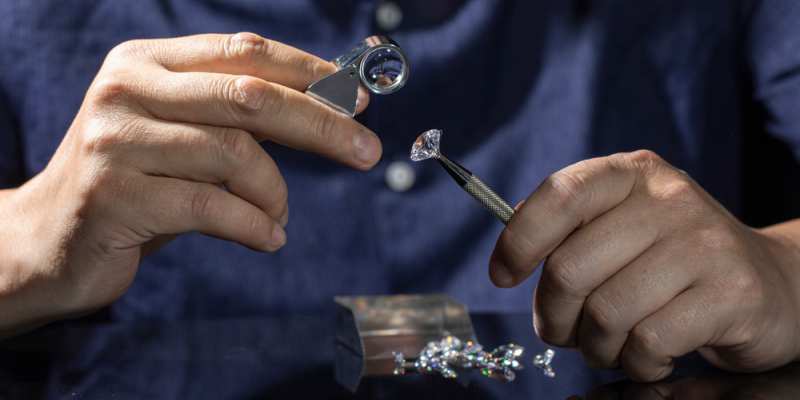
IGI Vs. GIA: Diamond Grading Review And Comparison
Based on our evaluation and comparison of diamonds graded by IGI and GIA, we have observed slight variations in the grading of certain characteristics, particularly color and clarity.
To clarify, a gemstone graded as VVS1 by IGI may receive a VVS2 grade from GIA. Similarly, an E color diamond certified by IGI could be classified as F grade by GIA.
While this doesn’t happen in every instance, it occurs more frequently than not.
It is generally not recommended to pay for a higher grade that doesn’t actually exist. However, there are exceptions. IGI diamonds tend to be priced lower than GIA diamonds, as IGI acknowledges that their grading is not as reliable as GIA’s. Therefore, you may not always end up paying more.
Reputation plays a significant role. When it comes to selling a diamond, it can be challenging to convince buyers with a stone certified by a lab other than GIA. Even if you manage to sell it, you may incur greater financial losses.
Most diamond insurance companies specifically cover stones certified by GIA, which further underscores the importance of GIA certification.
It’s important to note that the differences discussed here primarily apply to high clarity grades and color. If you are considering an SI1 or VS2 stone within the I to G color range, it is less likely to pose a problem. However, a thorough inspection is still advisable to ensure you are getting a good deal.
In a scenario where you encounter two diamonds with identical clarity and color grades, one certified by IGI and the other by GIA, offered at the same price, opting for the GIA diamond would generally be a wise choice. The IGI stone may be overpriced in such cases.
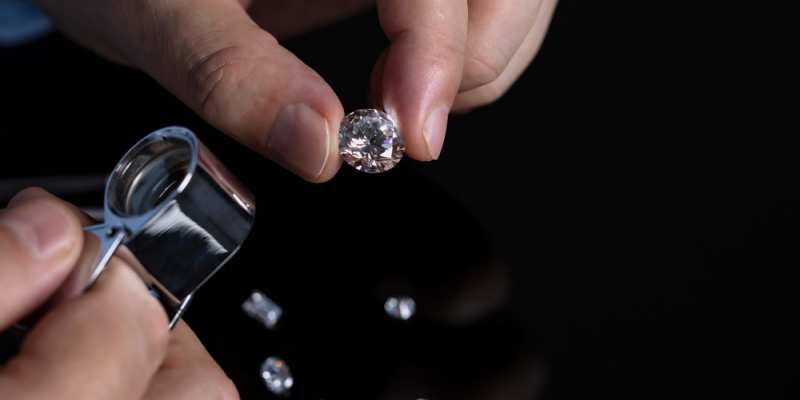
IGI Grading And Reporting Services
IGI, as a specialized organization in diamond and gemstone grading, offers various reports that provide detailed information about different characteristics of gemstones. Let’s explore some of the most sought-after reports issued by IGI:
- Loose Diamonds Report
Similar to certifications provided by other renowned laboratories like GIA and AGS, this report assesses the characteristics of diamonds and assigns grades based on industry standards. It includes details about the diamond’s 4Cs (cut, color, clarity, and carat weight), shape, symmetry, polish, and fluorescence. The report also features a graphical representation of the diamond, illustrating the location of any inclusions.
- Hearts And Arrows Diamonds Report
Hearts and Arrows diamonds have gained popularity, particularly among online retailers who market them as unique gems with exceptional cut quality. Recognizing the growing demand for these diamonds and the absence of specific details in their regular certificates, IGI introduced grading reports tailored to Hearts and Arrows diamonds. To ensure symmetrical proportions, IGI uses the “Hearts and Arrows” gem scope to verify if all facets align correctly. This report closely resembles the standard Loose Diamonds Report but includes a comments section to confirm the diamond as a Hearts and Arrows cut.
- Colored Diamonds Report
IGI provides a comprehensive evaluation and grading service for colored diamonds. Since colored diamonds are assessed and judged differently than colorless diamonds, this report takes into account factors such as color, origin, grade, distribution, and includes a comments section. It recognizes that many colored diamonds may appear colorless with low color grades or have undergone treatments to alter their color.
- Lab-Grown Diamonds Report
In recent years, lab-grown diamonds have gained popularity as an alternative to natural diamonds due to affordability. However, distinguishing between natural and lab-grown diamonds with the naked eye is impossible. To address this, IGI issues reports for synthetic diamonds that are identical to those for natural diamonds. The only distinction is a clear statement indicating that the diamond is “laboratory-grown” and the report’s name.
Other Reports By IGI:
In addition to the aforementioned reports, IGI also offers:
- Jewelry Report: This report evaluates and provides details about the characteristics of jewelry items, such as the quality of gemstones and precious metals used, craftsmanship, and design.
- Colored Stone Report: This report focuses on the evaluation and grading of individual colored gemstones, providing information about their color, origin, grade, and any treatments or enhancements applied.
These reports cover a range of certification needs, addressing various aspects of gemstones and jewelry, and are sought after by individuals seeking reliable and comprehensive evaluations from IGI.
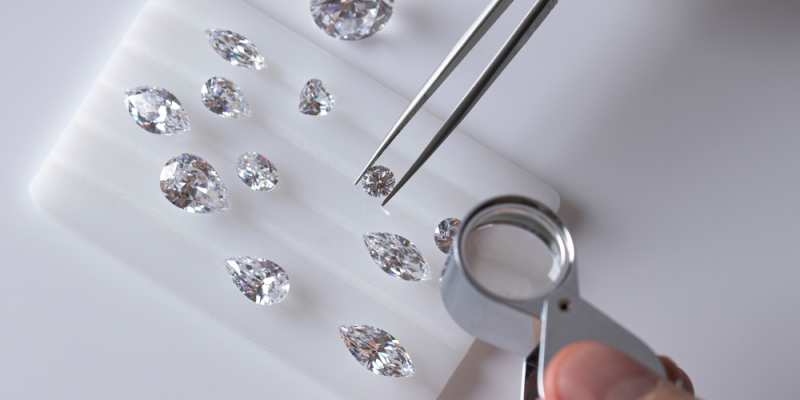
Is IGI Certificate Good And Reliable?
The question of the quality and reputation of IGI certification services can be summarized as follows: How does IGI compare to other reputable labs like GIA or AGS, and how reliable are their certifications?
While IGI may not be as highly regarded as GIA or AGS, it is also not as unreliable as EGL. IGI follows clear guidelines for evaluating and grading diamonds and gemstones, although their standards may not be as stringent as those of their competitors, largely due to variations in gemologist expertise and inspection tools.
It is worth noting that for-profit organizations often lean towards serving the interests of sellers rather than buyers. Given their business nature, these companies may encourage sellers to opt for their grading procedures, leading to potential inconsistencies in diamond grading.
For instance, GIA might assign a VS2 clarity grade to two stones, whereas labs with fewer restrictions might grade one stone as VS2 and the other as VS1.
Despite the fact that some major online retailers sell IGI-certified stones, it is challenging to make a definitive statement about whether one should or should not choose IGI-certified diamonds.
While IGI is a reputable certification lab that adheres to evaluation guidelines, there are other factors to consider. Some IGI-certified stones are reasonably priced, but on the other hand, there are cases where they are priced as high as GIA-certified diamonds with similar characteristics.
Ultimately, when considering an IGI certification, it is important to carefully evaluate the specific stone and its pricing, taking into account factors beyond the certification alone.
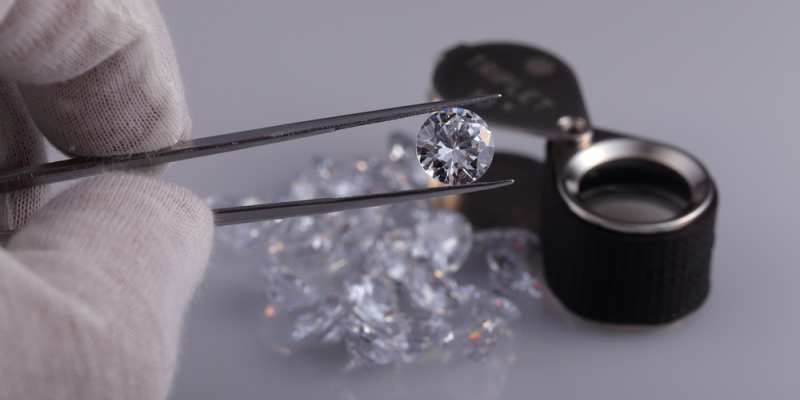
Bottom Line
Considering all the information we’ve covered, the question still lingers: “Is IGI on par with GIA?”
Although IGI is a trustworthy and respected laboratory, it falls short of GIA’s level of excellence. However, this doesn’t mean you should disregard IGI entirely. It simply means you should be aware that there may be variations between the two labs, particularly regarding color and clarity grades.
Our ultimate recommendation? Opt for diamonds that are graded and certified by GIA whenever possible.


